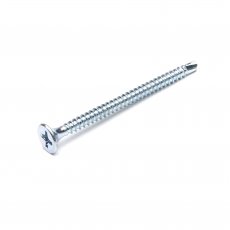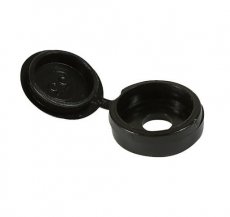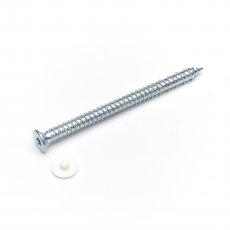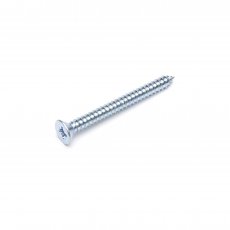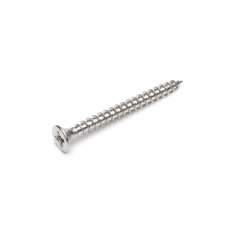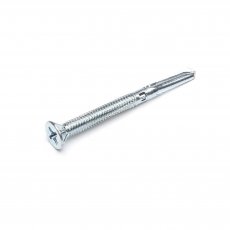Screws
Screws are an essential part of any DIY project. At Fix and Fast, we understand the need for high-quality screws that are the perfect fit for your project, that’s why our screws are crafted from the highest quality materials. From the smallest DIY task to the most complex commercial tasks, our screws are reliable, easy to install and durable. Whether you’re working with wood or metal or another material, we have the right screws for you. From screws for wood to drywalling screws and screws for masonry, we have a variety of essentials to choose from.
How do I know what size screw to use?
The type of material and application will often determine the screw size. Thicker materials normally need longer screws, whilst thinner materials can be fixed with shorter screws.
What are screws used for?
Put quite simply screws are used to hold objects together. A screw a threaded fastener that can be tightened or released by applying a twisting force to the head. This twisting force, or torque as it is known, is applied to the screw using a screwdriver or impact drill.
What are the different types of screws?
There are many different screws available, each with their own specific features and benefits that suit a particular material or application. Some of the more common screws are wood screws, metal screws, drywall screws, and tek screws.
Why do screws have different heads?
Different heads offer a different decorative finish, different drive types offer varying degrees of torque. There are also cost implications between different heads/drive types. Slotted head screws tend to be the cheaper option, but offer much less torque and can ‘cam out’ and become ‘stripped’.
Phillips head screws offer great torque than a slotted head as more of the tool is in contact with the screw, though again under extreme torque these too can ‘cam out’.
A torx head screw solves this issue as the star design gives even greater tool to screw contact.
Each drive type mentioned above can be found on the common screw heads such as round head, pan head, countersunk and oval head screws.
How do you install a screw?
For most screws you would drill a pilot hole in the material and use a hand or electric screwdriver to drive the screw in. For countersunk screws, where you want the screw to sit flush with the material you may also use a countersink bit.
Tek Screws, or self drilling screws, have specific end on the screw which cuts its own thread into wood/metal and allow them to be fixed without pre drilling a pilot hole.
How is the length of a screw measured?
For the majority of screws, shaft size determines the length of the screw. Measuring from under the head to the tip of the screw. For Countersunk screws, you measure from the top of the head to the tip.
How do you make screws more secure?
One tip that is often given to ensure a screw is more secure is to put a few drops of glue on to the screw or into the pilot hole before screwing in. Bear in mind this will reduce your ability to unscrew the fixing.




